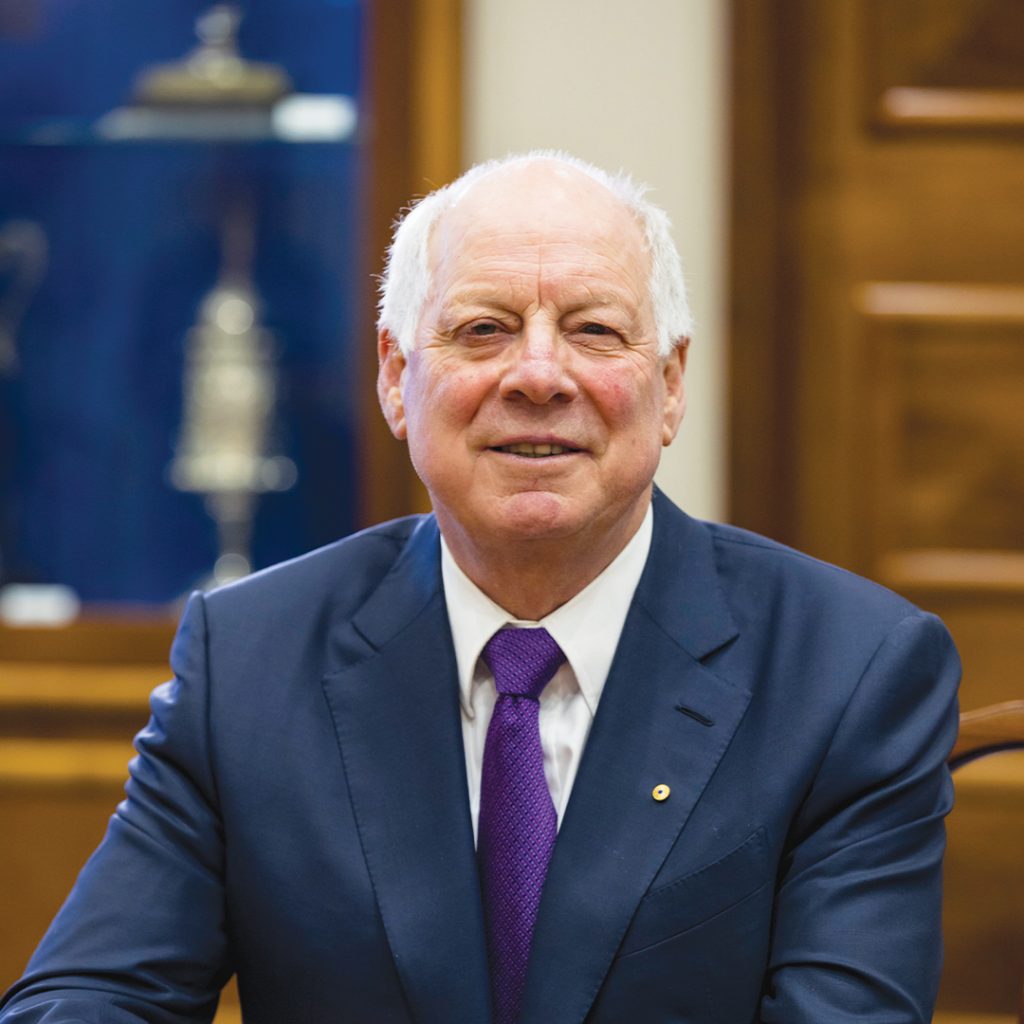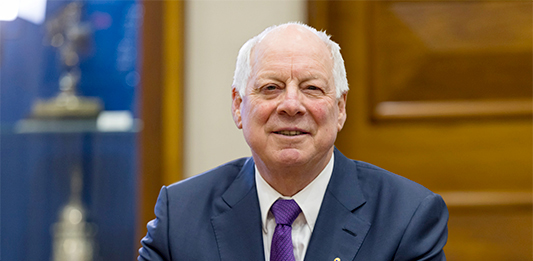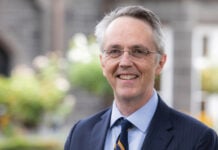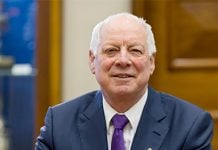
Towards 2030, Melbourne Grammar School’s summary of its strategic intentions, includes an ambitious and forward-thinking building program designed to ensure the continued delivery of an exceptional education for our students.
The first stage of this program – the construction of a new Centre for Humanities – is already underway, marking an exciting step in our journey.
Funding a major infrastructure project of this scale requires careful planning. However, when framing our approach, it is important to recognise that every Melbourne Grammar student has benefitted from the generosity of those who came before them.
Since the earliest days of the School almost 170 years ago, the classrooms, libraries, halls, chapels, sporting grounds and camping facilities our students enjoy have all been largely funded by members of our School community. Alongside the less tangible benefits derived from philanthropy including scholarships, awards and educational program support, these spaces stand as a testament to the gratitude our alumni as well as current and past parents feel for the education Melbourne Grammar has given them or their families.
This enduring culture of giving remains strong today. I firmly believe that our Old Melburnians, in particular, recognise their responsibility to the next generation. As we work towards securing funding for the Centre for Humanities, their philanthropic support will be instrumental in bringing this vision to life.
As an independent school, we are not entitled to use State or Federal Government recurrent funding for development of our buildings and grounds, and we are not eligible for State or Federal Government capital funding.
Instead, alongside philanthropic support, we rely on funding from three other sources for major capital projects.
We draw from our Future Fund which was established many years ago to enable the School to withstand unforeseen circumstances and economic downturns, as well as contribute to major projects. This Fund has been largely built through donations – principally, gifts in Wills.
In addition, like most businesses, and with great consideration towards the future needs of the School, each year we set aside some funds, drawn from School fees, to cover the cost of depreciation, building maintenance and development. These reserves are grown and managed prudently and carefully.
In rare cases, as a fourth funding source, we may also look to bank borrowings to fill any shortfall as a project nears completion.
The funding plan for the Centre for Humanities, which has been validated by independent auditors and through the recent Victorian Registration and Qualifications Authority (VRQA) audit, has been carefully shaped to ensure a balanced financial approach, and a successful project outcome. Some donors have already made or pledged financial commitments, including members of the School Council and we are very grateful for their commitment to excellence in education.
Changes to Council Membership
As 2025 begins, I would also like to take the opportunity to farewell Professor Geoffrey Taylor, a valued Council member who began working with us in 2015. Through his experience at the University of Melbourne, Geoff offered first-hand knowledge about tertiary education that has been highly beneficial to our students’ educational and career pathways.
At the end of 2024, we welcomed new Council member Peter Southwell (OM 1978), who brings vast experience in the commercial building and construction industry. Having served on the Buildings and Grounds Committee for a number of years, Peter is also this committee’s new Chair.
Peter will also serve as a member of the Project Control Group for the Centre for Humanities, ensuring the successful design and delivery of this major project. It is likely that he will hold a similar role in overseeing the new Grimwade House Junior School building project, when that committee convenes later this year.
Andrew Michelmore AO
Chair of Council



